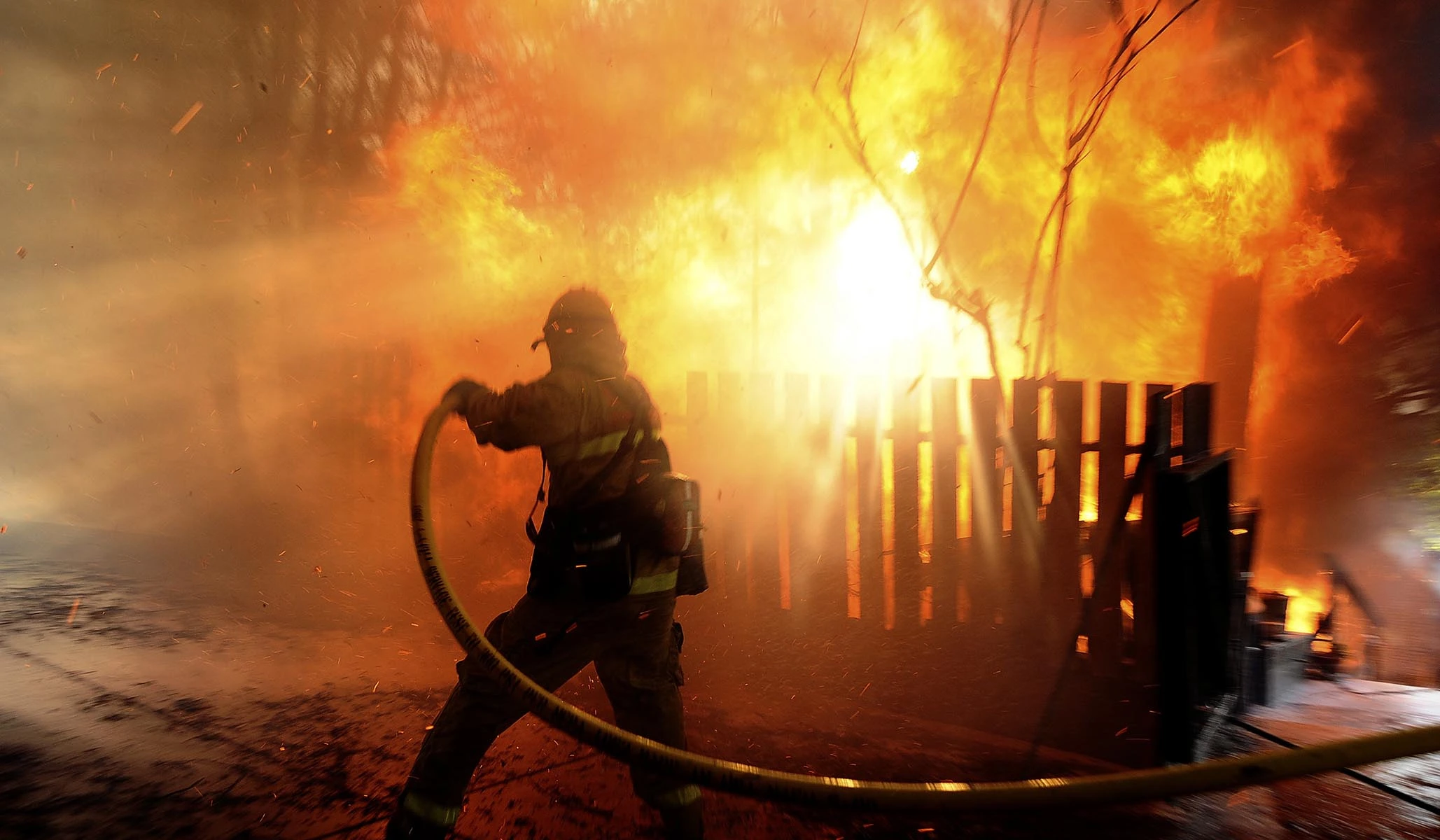When the author was twelve years old, his father risked his life to rescue a paraplegic man from a burning house in their village of Mt. Morris, located in the Appalachians. The man and his wife lived next door to the author’s family and were known for their loud and profane quarrels. One day, after the wife drove away from yet another argument, the man closed all the windows and doors, turned on the gas, and lit a match. The resulting explosion set the house ablaze.
The author’s mother quickly gathered her children and called the local fire department while the author’s father, a World War II veteran, rushed into the burning house to rescue the man. Despite his mother’s pleas to stay out of danger, the author’s father was determined to do what he saw as his duty as a man. He successfully carried the paraplegic man out of the burning house, sustaining injuries in the process.
The author reflects on whether his parents’ attitudes about gender roles were sexist or a product of a culture of sexism. While he supports equality between men and women in education and professional opportunities, he also recognizes that there are biological differences between the sexes that can influence social roles. He believes that the spiritedness that is often stronger in males than females, called thumos by the ancient Greeks, can be channeled constructively to produce behaviors like his father’s heroic rescue. However, when not properly channeled, thumos can lead to aggression and violent behavior.
The author’s father raised his five sons to be protectors, not bullies, and to go to the aid of anyone who needed protection, regardless of gender or age. The author believes that this emphasis on channeling thumos into protective behavior is the best way to prevent boys from becoming predators.

